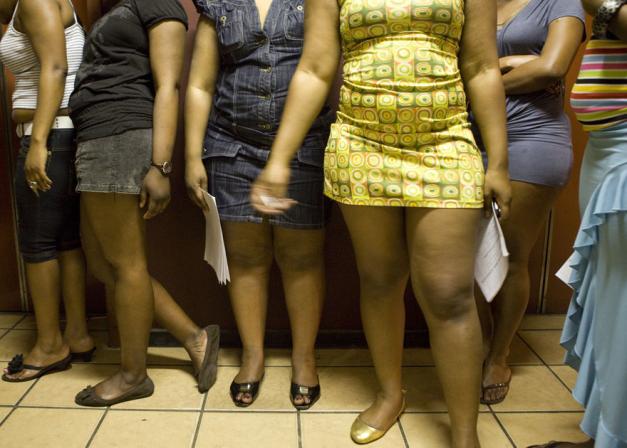
BORDER towns in Matabeleland North and South have the highest HIV prevalence rates (new infections) due to transactional sex and mobility to neighbouring countries.
SENIOR PARLIAMENTARY REPORTER
This was disclosed by National Aids Council (NAC) chief executive officer Tapiwa Magure, who yesterday appeared before the Parliamentary Thematic Committee on HIV and Aids chaired by Midlands senator Lilian Timveous (MDC-T).
About 10% of the country’s population is said to live with HIV, with 76 402 new infections, 46 653 HIV related deaths annually. Close to one million people are on anti retroviral treatment (ARV) and 900 000 Aids orphans.
Matabeleland South registered 21% HIV prevalence, Bulawayo 19%, Matabeleland North 18%, Mashonaland East 16%, Mashonaland West 15%, Midlands 15%, Mashonaland Central 14%, Masvingo 14%, and Harare 13%.
“The high prevalence at border towns can be attributed to a lot of mobility and transactional sex that takes place at border towns such as Victoria Falls and Beitbridge, as well as a lot of informal activities that take place in areas like Tsholotsho and mining towns,” Magure said.
“Almost all of the men in those areas are in Botswana or South Africa and the women that they left behind are also human beings and might engage in unprotected extramarital sex activities.”
Magure said there was also a high prevalence rate in Southern and Eastern Africa as compared to the Northern or Western parts because of strict Islamic laws.
- Chamisa under fire over US$120K donation
- Mavhunga puts DeMbare into Chibuku quarterfinals
- Pension funds bet on Cabora Bassa oilfields
- Councils defy govt fire tender directive
Keep Reading
Senators asked NAC to explain why ARVs were finding their way in the streets and in some instances were not accessible to the affected population.
But, NAC said they had reached ARV treatment accessibility of 90% and the new CD4 count of 500 for one to access treatment would result in an increase in the number of people in need of ARV therapy. They said it was necessary to bring to book people illegally selling ARVs adding people should desist from buying drugs from the black market.
According to the NAC monitoring and evaluation director Amon Mpofu, the new ARV treatment regime is also more expensive at $11 for one months’ supply while the previous treatment regime cost $5 per supply.
Harare Metropolitan senator Cleveria Chizema (Zanu PF) alleged there was political chemical warfare where condoms were laced with a substance to make Zimbabweans fail to produce children.
“How safe are the condoms for the nation because we heard there was chemical warfare to eliminate future generations,” Chizema said. But, Magure said the condoms were very safe and all batches were tested by the Medicines Control Authority and NAC which had since acquired condom testing equipment.











